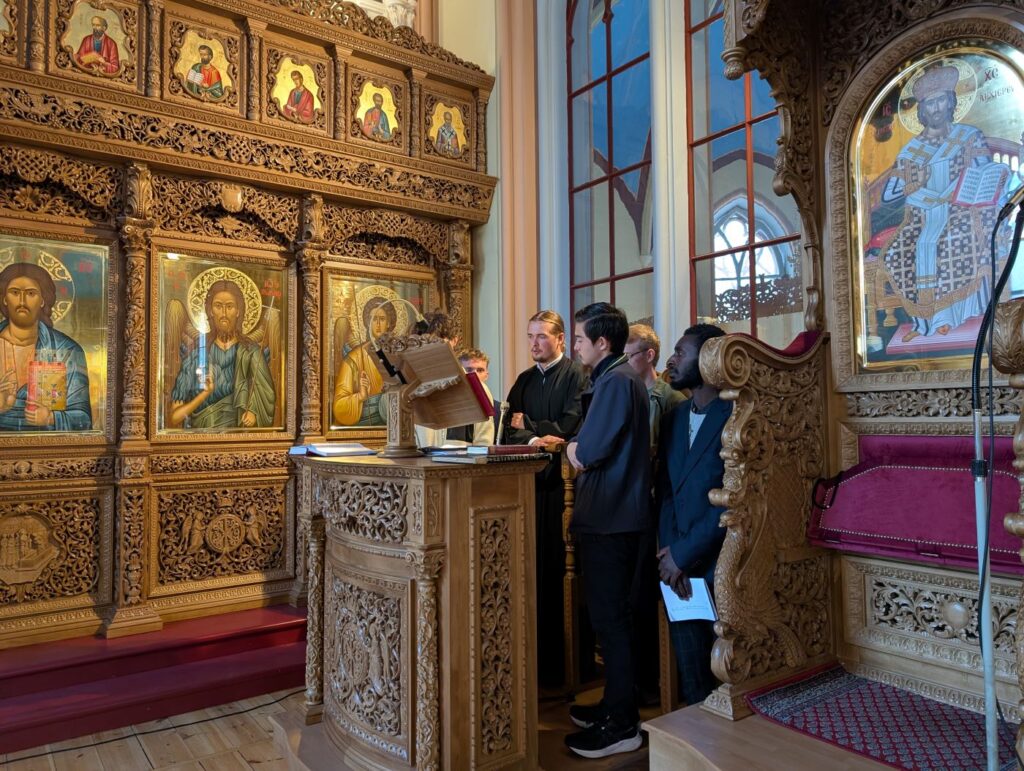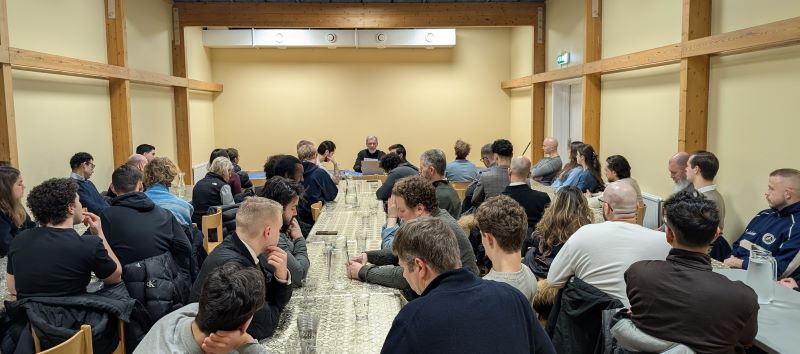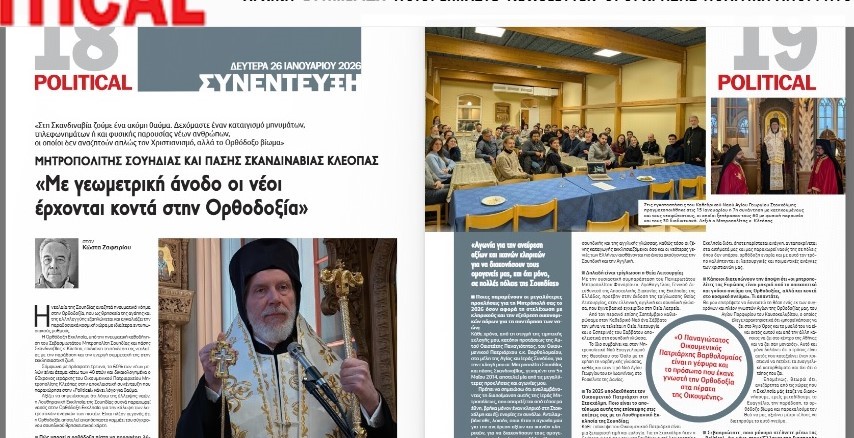The Divine Liturgy is the “heart” of the life of the Church and the revelation of the Kingdom of God within the world.
In the Divine Liturgy, the Word of God becomes accessible to the people, and the people, in turn, offer themselves to God through praise and thanksgiving.
In this theological reality, language is not merely a means of communication, but a place of incarnation and communion.
The Church always proclaims Christ “in other tongues” (Acts 2:4).
Pentecost is the model, for each Apostle heard “the mighty works of God” in his own language.

The local dialect is not simply a daily idiom; it is the vessel through which a person thinks, prays, and experiences the world.
When the Divine Liturgy is celebrated in the language that speaks to the heart of the faithful, then the Word truly becomes near — both to the mouth and to the heart.
The universality of the Church does not abolish particularity.
Christ became man, “in every way like us”, except for sin.
Just as the Incarnation took place in a specific place, time, and language, so too the Divine Liturgy is called to embrace the linguistic and cultural uniqueness of each community.
The use of the local dialect in the celebration of the Divine Liturgy testifies that the Church is not a foreign body, but truly “dwells among the people.”
Moreover, dialects are bearers of memory and culture. When they are included in worship, they do not merely “facilitate understanding,” but sanctify the entire cultural experience of the people.
Thus, the local language becomes a vehicle of divine knowledge, and tradition itself is transformed into a theological witness and living experience.
In the four nations that make up the Holy Metropolis of Sweden and All Scandinavia, there once prevailed the belief that only the use of the Greek language conferred dignity and holiness.
However, such a view reveals a lack of understanding of the reality that the holiness of the Divine Liturgy flows from the Holy Spirit, which acts “always and everywhere,” and not from the antiquity or formality of the language.
The use of the local dialect does not diminish holiness; rather, it reveals the nearness of God, who “speaks as a friend to a friend.”
Understanding the needs of our local Church and being deeply moved by the almost daily attendance of several young people, mostly natives, and recognizing their desire to comprehend, as far as humanly possible, both the services being performed and the doctrines of the Orthodox faith, we initially published the Divine Liturgy in a trilingual text in 2017, and the Akathist Hymn in a bilingual text in 2019, as an offering from our beloved concelebrant, His Eminence Metropolitan Agathangelos of Fanarion, and from the Publishing Ministry “Apostoliki Diakonia of the Church of Greece.”
We have also established the celebration of the Divine Liturgy entirely in the Swedish language, one Saturday each month, beginning today, Saturday, September 6, 2025, at 10:00 a.m., on the occasion of the beginning of the new ecclesiastical year.
Furthermore, for several years, we have been organizing lectures and seminars for Catechumens and the recently baptized, in both English and Swedish. These will resume once again on Thursday, September 18, 2025, at 6:00 p.m., at the facilities of the St. George Cathedral of Stockholm.
The same missionary effort is carried out in all our parishes by our dedicated clergy and volunteers, whom I sincerely thank from the heart for their sacrificial ministry.
In this way, and as is the case every Sunday, apart from Greek, the Swedish, Norwegian, Danish, Icelandic, and English languages are also used in the various local parishes.
Thus, the celebration of the Divine Liturgy in the local dialect is not merely a linguistic choice, but a theological act that shows that God speaks in the language of His people, embraces the entire human experience, and sanctifies it.
In this way, the Church remains faithful to her mission, as commanded by the Risen Lord, “to preach the Gospel to all nations,” in a manner that is living, familiar, and salvific.






